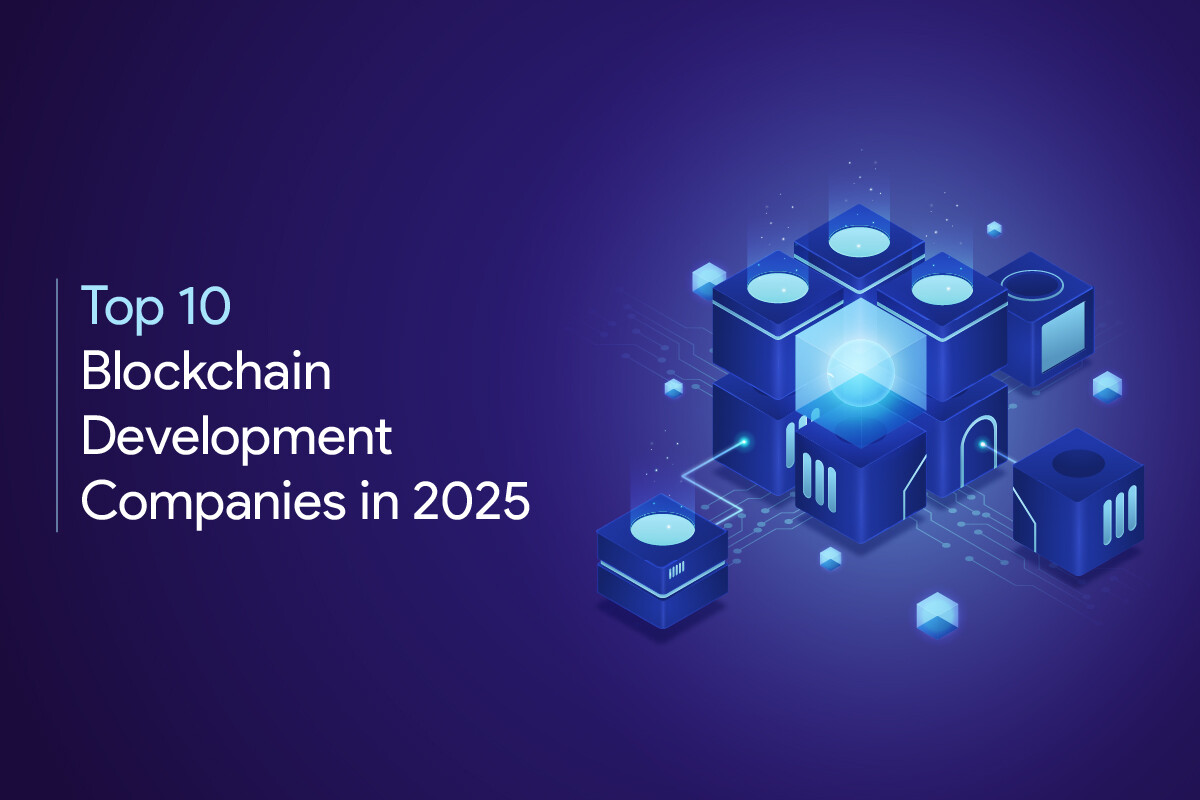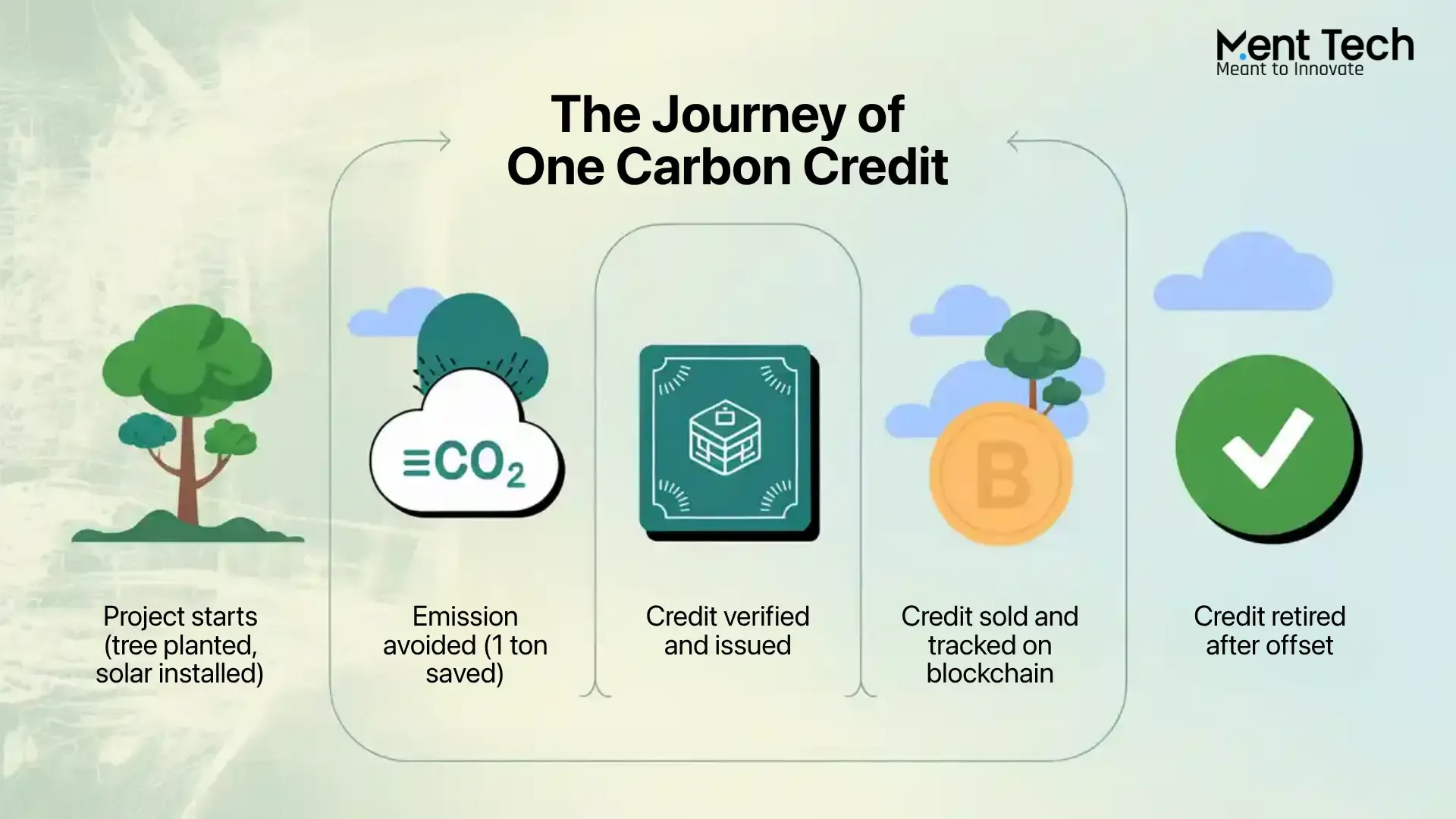Blockchain Development in Dubai: Cost of Implementation and Business Impact in 2025

Strong 8k brings an ultra-HD IPTV experience to your living room and your pocket.
Dubai has positioned itself as a global leader in blockchain adoption, with government initiatives and business investments shaping its digital transformation. As businesses explore blockchain for security, transparency, and efficiency, understanding the cost of implementing blockchain technology is crucial. Blockchain Development Companies in Dubai are at the forefront of this change, offering tailored solutions for enterprises in various industries.
✍️ The future of blockchain is closer than you think. Check our blockchain trends article to learn about AI integration, IoT connectivity, and global adoption shaping 2025 and beyond.
Why Dubai Is Investing Heavily in Blockchain
Dubai’s government has embraced blockchain as a key pillar of its digital strategy. The Dubai Blockchain Strategy, launched in 2016, aims to transition all government transactions onto blockchain by 2030. This ambitious plan seeks to enhance efficiency, reduce fraud, and improve data security across sectors like real estate, finance, healthcare, and supply chain management.
Several factors make Dubai an ideal hub for blockchain innovation:
- Proactive Government Support: Regulations and frameworks like VARA (Virtual Asset Regulatory Authority) ensure blockchain growth while maintaining compliance.
- Tax Benefits & Business Incentives: The UAE’s business-friendly policies encourage blockchain startups and global enterprises to establish operations.
- Smart City Vision: Dubai’s goal to be a fully digital city by 2030 fosters blockchain adoption across industries.
- International Business Hub: With strong global trade connections, Dubai facilitates blockchain-driven cross-border transactions and digital asset management.
Cost of Implementing Blockchain in Dubai
The cost of blockchain development varies depending on multiple factors, including industry, business requirements, and the complexity of the solution. Below are some key cost factors:
1. Type of Blockchain
- Public Blockchains (e.g., Ethereum, Bitcoin): These networks are decentralized but come with transaction fees (gas fees) that can fluctuate based on demand.
- Private Blockchains: These are customized for businesses but require infrastructure, security measures, and maintenance costs.
- Consortium Blockchains: Multiple organizations share control, reducing costs but requiring collaboration among stakeholders.
2. Development Costs
- Basic Blockchain Applications: $10,000 - $50,000
- Medium-Complexity Solutions: $50,000 - $200,000
- Enterprise-Level Blockchain Platforms: $200,000+
3. Smart Contracts & Security Measures
- Smart Contract Development: $5,000 - $30,000, depending on complexity.
- Cybersecurity & Compliance: An essential investment to protect against cyber threats and ensure regulatory compliance.
4. Infrastructure & Maintenance
- Cloud Hosting & Storage: Can range from $5,000 to $50,000 annually, based on data usage.
- Continuous Updates & Technical Support: Ongoing maintenance costs must be factored in for software updates and security patches.
Blockchain’s Impact on Businesses in Dubai
Blockchain is transforming industries in Dubai by enhancing security, transparency, and efficiency. Here’s how it impacts key sectors:
1. Finance & Banking
- Faster and more secure cross-border transactions
- Reduction in fraud and identity theft through decentralized records
- Improved transparency in auditing and compliance
2. Real Estate
- Smart contracts streamline property transactions, reducing paperwork and fraud
- Transparent land records prevent disputes
3. Supply Chain & Logistics
- Real-time tracking of goods and inventory
- Reduced counterfeiting risks with transparent records
- Automated payments and contracts
4. Healthcare
- Secure patient data management
- Fraud prevention in medical billing
- Easier data sharing across institutions
5. Government & Public Services
- Blockchain-based digital IDs for citizens
- Transparent and tamper-proof voting systems
- Improved social welfare distribution
Blockchain’s Global Impact: Dubai, the World, and the USA
Dubai’s blockchain initiatives extend beyond its borders, influencing global trends. Here’s how:
- United States: Many U.S. states, such as Wyoming and Texas, are implementing blockchain-friendly regulations similar to Dubai’s approach. The U.S. is also seeing increased blockchain adoption in finance, supply chain management, and healthcare.
- Europe & Asia: Dubai’s position as a trade hub connects it with blockchain initiatives in the EU and China, where digital currencies and supply chain solutions are gaining traction.
- Middle East & Africa: Dubai’s leadership in blockchain is setting an example for neighboring countries, with Saudi Arabia and Egypt exploring blockchain in finance and logistics.
Future Perspective: What’s Next for Blockchain in Dubai?
As blockchain continues to evolve, Dubai is expected to see significant advancements in the following areas:
- Central Bank Digital Currencies (CBDCs): The UAE is actively exploring digital currency implementation for faster and more secure transactions.
- Tokenization of Assets: More businesses will tokenize real estate, stocks, and commodities, making investments more accessible.
- AI and Blockchain Integration: Combining blockchain with artificial intelligence will enhance automation and predictive analytics.
- Green Blockchain Solutions: Dubai is investing in eco-friendly blockchain networks to reduce energy consumption.
- Metaverse & Web3 Growth: Blockchain will play a crucial role in virtual asset management and digital identity verification within the metaverse.
FAQs
-
How much does blockchain development cost in Dubai?
Costs range from $10,000 for simple applications to over $200,000 for enterprise solutions, depending on complexity and infrastructure.
-
What industries benefit the most from blockchain in Dubai?
Finance, real estate, supply chain, healthcare, and government sectors are seeing the most impact from blockchain technology.
-
Are there government regulations for blockchain in Dubai?
Yes, Dubai has regulatory frameworks like VARA to oversee blockchain projects, ensuring compliance and security.
-
How does blockchain in Dubai compare to the U.S.?
Both Dubai and the U.S. are embracing blockchain, but Dubai’s proactive government initiatives are making it a faster adopter in certain areas.
-
What is the future of blockchain in Dubai?
Dubai is expected to expand blockchain use in finance, government services, digital identity, and the metaverse, shaping the future of digital transformation.
Conclusion
Blockchain is revolutionizing businesses in Dubai, driving efficiency, security, and transparency across various industries. While implementation costs can be high, the long-term benefits make it a valuable investment. As Dubai continues to lead in blockchain innovation, its impact on the global economy, including the U.S., will only grow. The future holds exciting opportunities for businesses looking to leverage blockchain for competitive advantage.
Also read: Metaverse Virtual Office Development Solutions: Is Your Business Ready?
Note: IndiBlogHub features both user-submitted and editorial content. We do not verify third-party contributions. Read our Disclaimer and Privacy Policyfor details.







